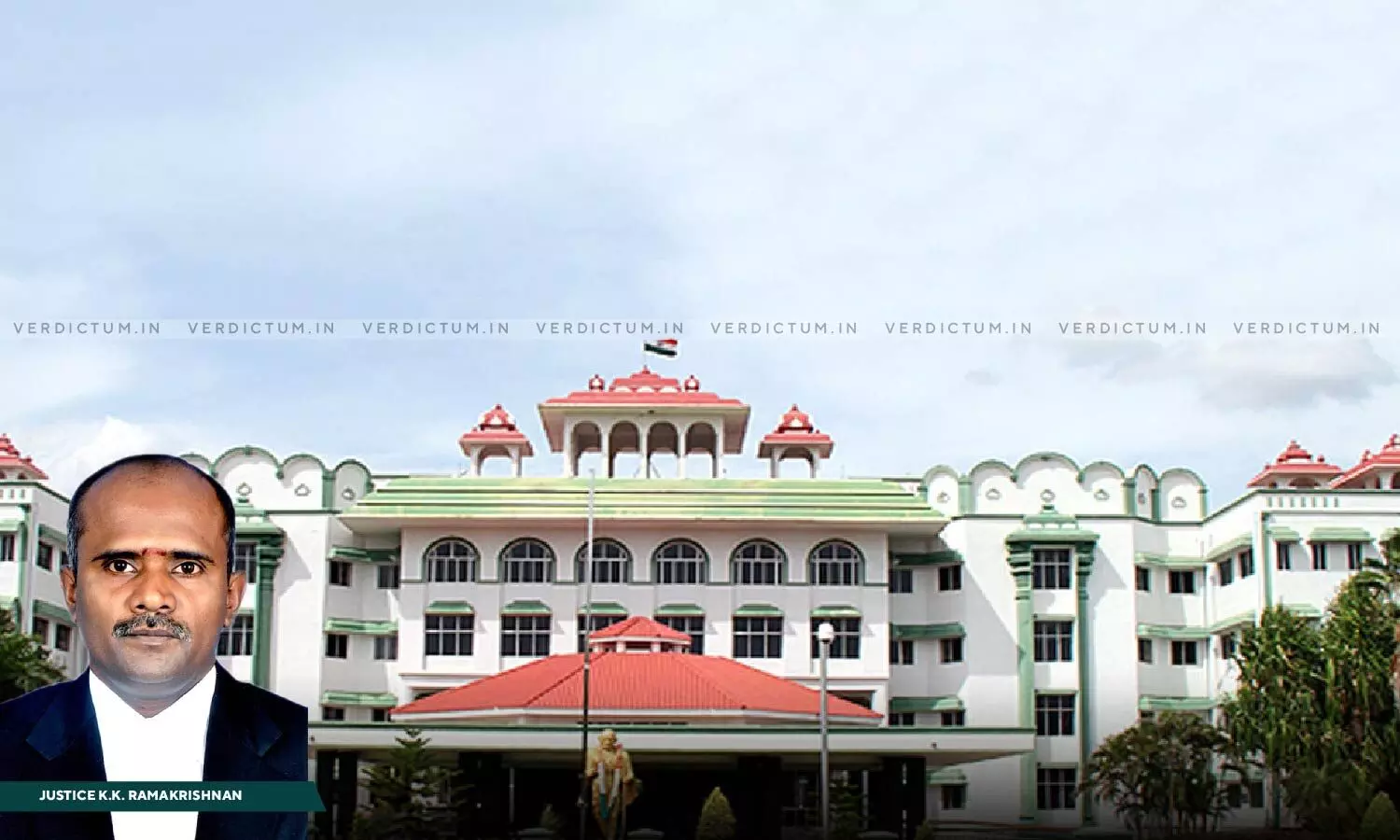
Married Sister Can Claim Maintenance On Behalf Of Her Minor Brother U/S 125 Of CrPC From Their Father: Madras HC
 |
|The Madras High Court observed that there is no legal impediment on filing a maintenance petition by a sister on behalf of her minor brother under Section 125 of Code of Criminal Procedure.
The trial court had held that the daughter was not entitled to maintenance under Section 125 of Cr.P.C., but under Section 20(3) of the Hindu Adoption and Maintenance Act, 1956 until she gets married. Additionally, the court held that the brother, who attained majority during the proceedings, was entitled to maintenance from the date of filing the case until reaching the age of majority.
The High Court explained that Section 125 of Cr.P.C. does not prohibit filing a maintenance petition on behalf of minor children. Rather, it creates an obligation to pay maintenance to minors. Dismissing the maintenance petition on behalf of a minor brother, filed by the married sister who cared for him, on grounds of locos standi was legally incorrect. The absence of a legal impediment for a sister to file the maintenance petition warrants an interpretation of Section 125 that advances the cause.
A Single Bench of Justice K.K. Ramakrishnan observed, “Section 125 of Cr.P.C., does not prohibit any person from filing maintenance petition on behalf of the minor children. It creates an obligation to pay maintenance to the minor. Without any legislative prohibition to file the maintenance claim on behalf of the minor brother by the married sister who has taken care of the said minor brother, the dismissal of the maintenance petition on the ground of the locos standi by the learned trial Judge is not legally correct."
Advocate A.K.Azhagarsami represented the revision petitioner.
The Court declined to accept the father’s argument as the trial court had exercised the suo motu power in the interest and welfare of the minor children by exercising parens partiae jurisdiction and held, “This Court finds no reason to differ with the said reasoning of the learned revision Judge.”
Accordingly, the High Court dismissed the criminal revision petition.
Cause Title: R. Ochappan v. Keerthana